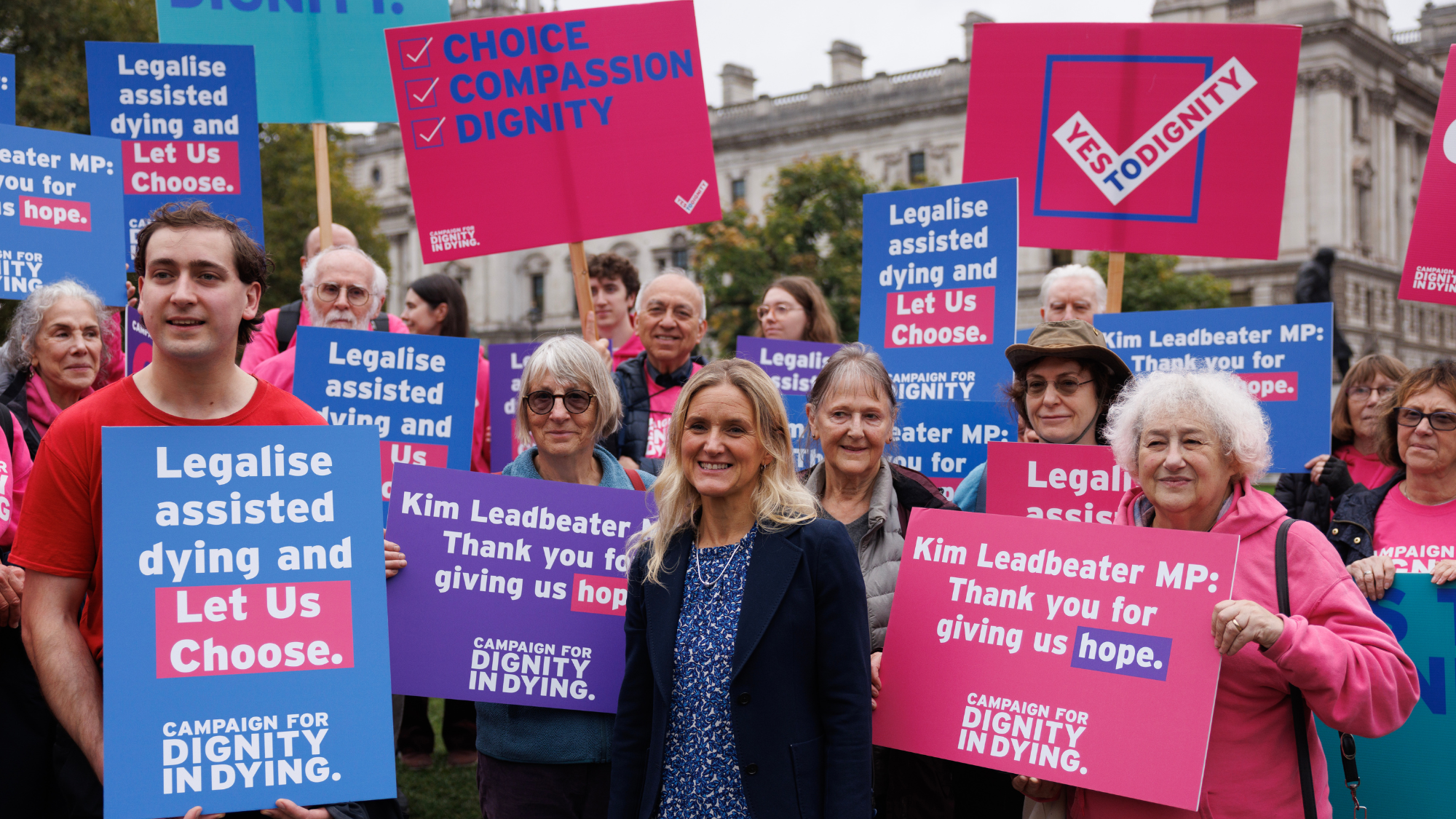The Online Safety Act: doomed to fail?
The internet is no safer for UK users – but it is smaller and duller.

A free daily email with the biggest news stories of the day – and the best features from TheWeek.com
You are now subscribed
Your newsletter sign-up was successful
"The road to online hell is paved with good intentions," said Melisa Tourt in The Critic – as we're discovering, now that the Online Safety Act is coming into force. This legislation was conceived with the noble aim of protecting children from pornography and other harmful material online.
But the immediate effect of the sprawling "Online Surveillance Act", as it has been dubbed, has been to "smother the internet under a morass of bureaucratic fear", said Sean Thomas in The Spectator. The act requires platforms hosting content that could cause harm to children to introduce age-verification checks for its users; and it grants Ofcom the power to fine them up to 10% of their global revenues if they don't.
But what counts as harmful? The act's definition is vague. So, to avoid any risk of incurring Ofcom's wrath, chatrooms about cider have been silenced, and last week X age-restricted an MP's speech on grooming gangs. The internet is no safer now – the most harmful content is often not hosted on UK servers – but it is smaller and duller.
The Week
Escape your echo chamber. Get the facts behind the news, plus analysis from multiple perspectives.

Sign up for The Week's Free Newsletters
From our morning news briefing to a weekly Good News Newsletter, get the best of The Week delivered directly to your inbox.
From our morning news briefing to a weekly Good News Newsletter, get the best of The Week delivered directly to your inbox.
This act, drafted by Tory ministers, has become an unwitting threat to free speech. It certainly isn't perfect, said The Times, but something had to be done. Left to self-regulate, tech companies had simply "shirked their moral responsibilities" to prevent children from accessing pornography and other toxic content.
The statistics tell a grim story, said Bex Sander and Fred Harter in The Observer. Half of 13-year-olds have been exposed to pornography, often as a result of stumbling upon it. A quarter of child suicides have been linked to material the victims had found online. People are genuinely concerned about what their children are now seeing in the supposed safety of their own homes – which is why a large majority of British adults (69%) support age-verification requirements, for instance, according to YouGov polling.
Support may fall when the knock-on effects of the act become more apparent, said George Monaghan in The New Statesman. Already, many adults are angry that they now have to upload their driver's licence, a scan of their face or another form of ID, to access pornography online. Fearful that this could leave them exposed to extortion attempts by hackers, people are using a simple workaround – buying virtual private network (VPN) apps, so that they can browse such websites as if from another country, where age verification is not required.
Searches for VPNs have soared by 500%, and we can be sure that a lot of them are being bought by tech-savvy kids, said Martha Gill in The Observer. "If there is a lesson of the last decade, it is that you cannot domesticate the internet", no matter how hard you try.
A free daily email with the biggest news stories of the day – and the best features from TheWeek.com
-
 Political cartoons for February 15
Political cartoons for February 15Cartoons Sunday's political cartoons include political ventriloquism, Europe in the middle, and more
-
 The broken water companies failing England and Wales
The broken water companies failing England and WalesExplainer With rising bills, deteriorating river health and a lack of investment, regulators face an uphill battle to stabilise the industry
-
 A thrilling foodie city in northern Japan
A thrilling foodie city in northern JapanThe Week Recommends The food scene here is ‘unspoilt’ and ‘fun’
-
 President Trump: ‘waging war’ on Chicago
President Trump: ‘waging war’ on ChicagoTalking Point Federal agents are carrying out ‘increasingly aggressive’ immigration raids – but have sanctuary cities like Chicago brought it on themselves?
-
 Should Britain withdraw from the European Convention on Human Rights?
Should Britain withdraw from the European Convention on Human Rights?Talking Point With calls now coming from Labour grandees as well as Nigel Farage and the Tories, departure from the ECHR 'is starting to feel inevitable'
-
 Palestine Action: protesters or terrorists?
Palestine Action: protesters or terrorists?Talking Point Damaging RAF equipment at Brize Norton blurs line between activism and sabotage, but proscription is a drastic step
-
 School disputes: a police matter?
School disputes: a police matter?Talking Point Cowley Hill lodged a police complaint against parents who criticised its recruiting process for a new head
-
 The UK 'spy cops' scandal, explained
The UK 'spy cops' scandal, explainedThe Explainer Undercover police targeting activist groups conducted intrusive surveillance, with some even embarking on relationships under assumed identities
-
 Captain Tom: a tarnished legacy
Captain Tom: a tarnished legacyTalking Point Misuse of foundation funds threatens to make the Moore family a disgrace
-
 Assisted dying: what can we learn from other countries?
Assisted dying: what can we learn from other countries?The Explainer A look at the world's right to die laws as MPs debate Kim Leadbeater's proposed bill
-
 Smoking ban: the return of the nanny state?
Smoking ban: the return of the nanny state?Talking Point Starmer's plan to revive Sunak-era war on tobacco has struck an unsettling chord even with some non-smokers